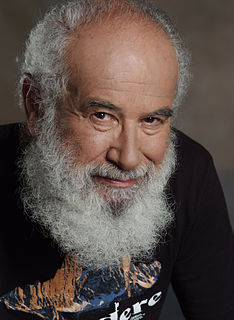A Quote by Carol S. Dweck
Unproductive effort is never a good thing.
Quote Topics
Related Quotes
It's only through effort that we learn what an idea actually is, and if our passion for it will last or fade. There is no shame in failure - all makers fail. But it's hard to respect someone who never tries, even once, to do something good that's always on their mind. If you're worried about how good your idea is, you're worrying about the wrong thing.
The ego is not a thing but a subtle effort, and you cannot use effort to get rid of effort - you end up with two efforts instead of one. The ego itself is a perfect manifestation of the Divine, and it is best handled by resting in Freedom, not by trying to get rid of it, which simply increases the effort of the ego itself



































